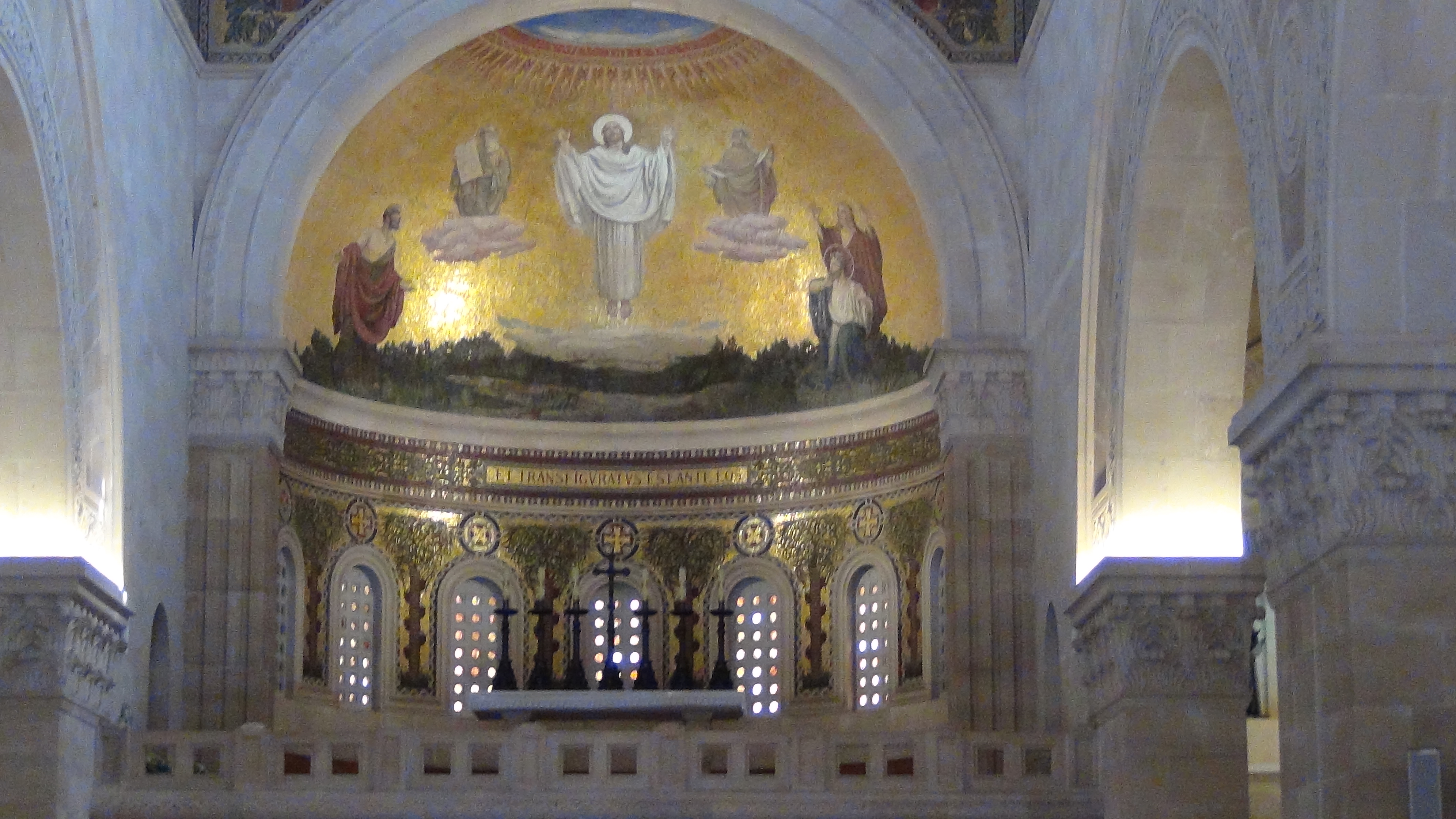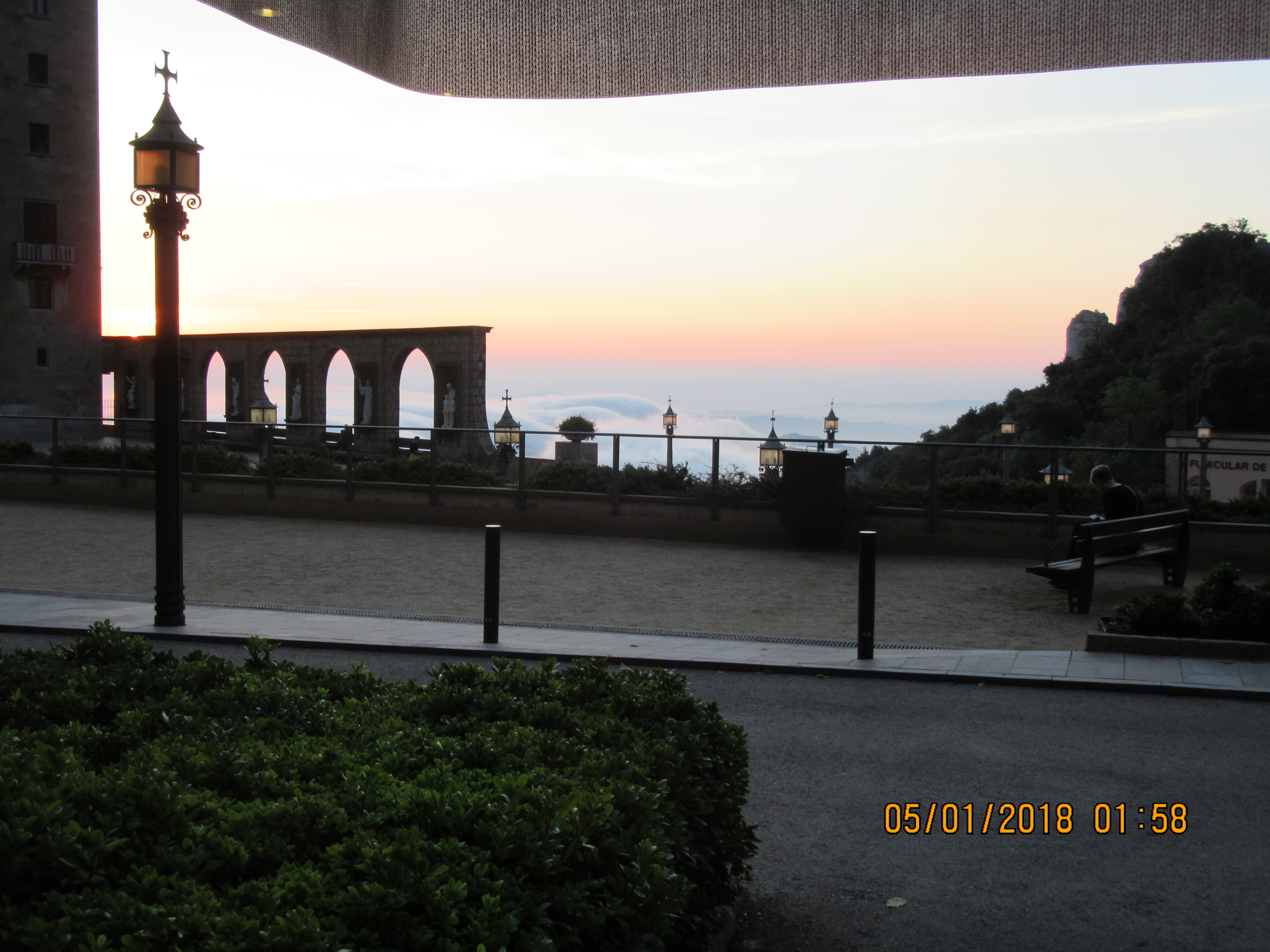1 Sm 26: 2, 7-9, 12-13, 22-23; Ps. 103: 1-4, 8,10, 12-13; 1 Cor. 15: 45-49; Lk. 6: 27-38
“Be merciful, just as your Father is merciful”. Mercy is love and love is God. “We have borne the image of the earthly one (first man, Adam, became a living being) we shall also bear the image of the heavenly one”. The image of the heavenly one is borne in the earthly life by the fruits of their love. The first man was tempted into taking the fruit to be like God and received mercy and judgment in the same act of fallen nature. Mercy and love from the “last Adam” Jesus Christ redeems us with the image of the “life giving spirit”. The fall of the first Adam came from disobedience. The second call for obedience is for mercy. “Be merciful, just as your Father is merciful”.
“God has delivered your enemy into your grasp this day” David was told. It was the moment of decision for David. Saul had been tracking him down with the intent of killing David. David was filled with the life giving spirit to proclaim, “Do not harm him, for who can lay hands on the Lord’s anointed and remain unpunished?” Had David chosen to kill Saul at the moment he had the opportunity it is possible the other soldiers would have woken and obtained revenge. The “deep slumber” the soldiers were in as “a good measure” of a gift in return for the mercy of David. David’s mercy leads to Saul’s conversion of heart and a new brotherhood. David’s mercy brings about the future overflowing gifts inheriting the earthly kingdom of God.
We ask ourselves do we have that trust in God to love our enemies and do good to those who hate us or even bless those who curse us? Perhaps we may pray for those who mistreat us but how far does our mercy extend? We live in times where the vitriol in the public square calls for “hate” and “death”. It is hate to those who stand for values that are in opposition of one societal group over another. It calls for death of any ideology that is not in line with the secular views intent to leave God out of the public square. As Christians we are not outside the public square, we are members who participate and contribute to its growth. Christianity is lived in the public square.
Those who reject us find fault in Christianity for taking a stand on moral principles, values and God’s commandments. The charge is we are not inclusive, not tolerant, and not open to alternative views or life-styles. Ultimately, we are condemned as hypocrites for not “loving”. It is not enough to love the sinner if we cannot accept the sin. Who are we to judge is the claim? The image of Christ brought condemnation to the sin not the sinner. The image of Christ brought the call to conversion for the sinner not tolerance for the sin. The image of Christ brought the call to a unity of truth not inclusiveness to a diversity of truth. In the end we believe in one Holy, Catholic, and Apostolic Church.
In times of hate, death, cursing and the festering of evil it can tempt a good soul to fall once again into “an eye for an eye” judgment. If this remains the standard then “For the measure with which you measure will in return be measured out to you” and we bring judgment upon ourselves. This is the last attempt of the evil one to grab souls for itself before to final coming of Christ, the Parousia. Our Father is merciful, may this be our prayer, “Lord in your mercy give me the grace to be merciful”.







Recent Comments